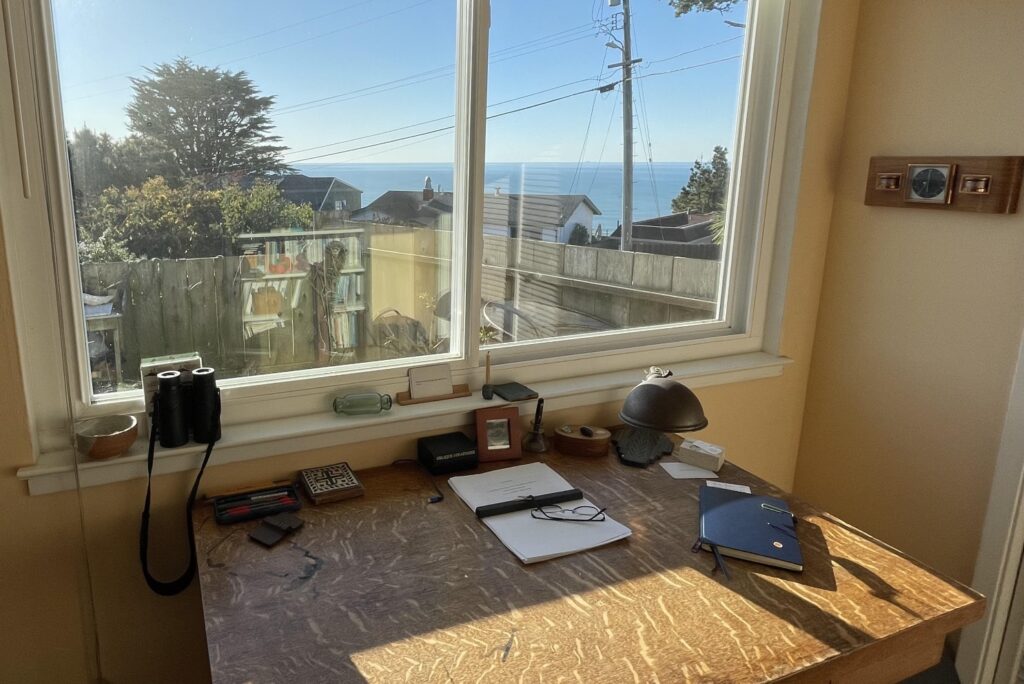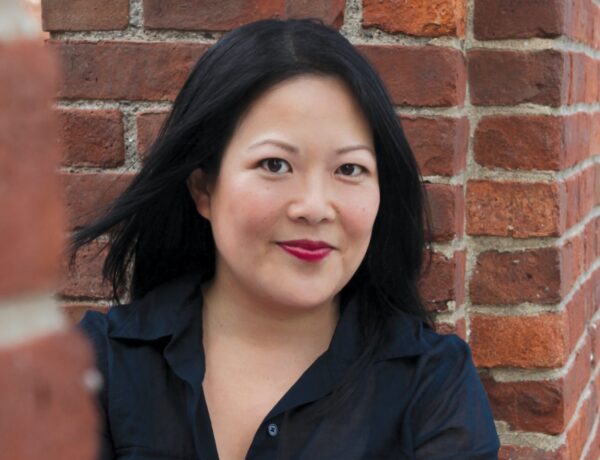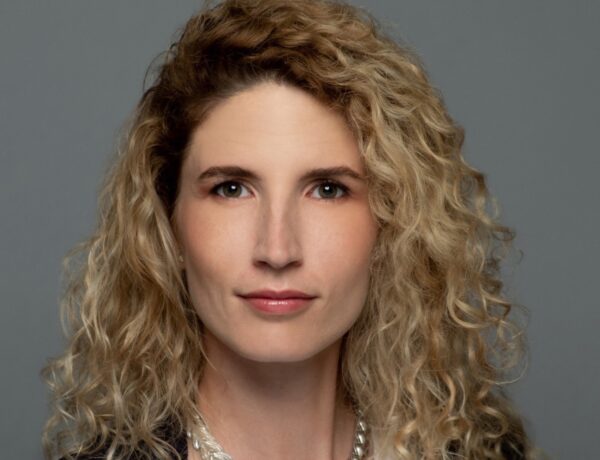Toni Mirosevich is a Croatian-American author, raised in a fishing family in Everett, Washington. She is the author of several acclaimed books, including Pink Harvest which was a Lambda Literary Award Finalist and winner of the First Series in Creative Nonfiction Award.
Her work has been published in literary journals such as North American Review, Michigan Quarterly Review, and San Francisco Chronicle Magazine, and has been anthologized in several collections including Best American Travel Writing and The Gastronomica Reader.
Toni is a graduate of the University of Washington’s Whidbey Center for Creative Writing and an alumna of several residencies, including MacDowell, Hedgebrook, and Djerassi Resident Artists Program. She has been recognized for her writing, with Notable Mention in Best American Essays and has taught creative writing at San Francisco State University for over 20 years, where she is now a professor emeritus. Toni currently lives with her wife in California.
Each week, we publish a new daily writing routine from a famous author. Subscribe to our newsletter so you don’t miss out!
Hi Toni, great to have you on Famous Writing Routines. We’re really excited to talk to you about your writing routine and process. For those who may not know, can you please tell us a little bit about yourself?
It’s good to start at the beginning. I grew up in a Croatian American fishing family and so my relationship to the sea—where many of the stories are located along with the wavy rhythm of the prose—goes a long way back. My grandmothers, both from Croatia, both uneducated, relied on oral storytelling.
One of their tales appears in “The Devil Wind” the first story in my new collection, Spell Heaven. Both of my parents were working class and I spent a lot of time on the docks as a child, listening to my father and other fishermen engaged in what I call the art of bullshit.
There’s an art to it which is also key when I think about storytelling. You need to keep your listeners’ attention so you fictionalize or embellish true or semi-experiences. Like when you ask a fishing person how big was the fish they caught and they hold out their arms very, very wide even if the “evidence” refutes that.
My parents also had limited formal education—my father never went beyond elementary school, my mother began work in the tuna canneries at the start of junior high. I thought I’d follow suit by doing physical work for my livelihood. In my twenties I began working a variety of physical jobs; nontraditional work for women at the time; as a pressure washer in parks restrooms, an attic insulator and storm window installer, a truck driver, a laborer.
I anticipated doing this type of work forever until I was hit with a chronic illness (Chronic Fatigue Immune Dysfunction Syndrome) in my mid 30’s. While I always jotted down notes and images of things I noticed it was only when my body could no longer move about that this shifted and I turned to writing more seriously. One of my first completed pieces was about illness entitled, “Do Muscles Have Memories?” A physical, ambulatory life turned into a type of ambulatory life on the page where lines moved instead of the body.
That manuscript about illness gained my entry into San Francisco State’s graduate creative writing program where I earned an MA and MFA and began teaching as a lecturer in the creative department soon after. Seven years later I received a tenure track job and in 2019, retired as a professor emerita after over thirty years of teaching.
Do you remember the moment you realized you wanted to become a writer?
I don’t recall a moment when I really thought I could become a writer. There wasn’t anyone in my family or people in the immigrant community I grew up in who were writers or encouraged me. Any notes and pages of things I wrote I kept private. It was a secret life. When the body failed I felt I had to get an academic degree to get non-physical work in the world.
That’s when I applied to a BA program and wrote those first pieces about chronic illness. I was encouraged by a wonderful writer, Ani Mander, who was from Yugoslavia, so we had the Slav experience in common. It was she who suggested I send a writing sample to San Francisco State’s graduate creative writing program. So, in truth, there was a good bit of luck and a very circuitous route to becoming a writer and professor.
Can you take us through the creative process behind your latest book, Spell Heaven?
My wife and I live in a seacoast town in the Bay Area. Initially we weren’t very welcomed into our neighborhood. I believe we were the first gay couple to move onto a rough street. (i.e., the young man who lived across the way was sent to San Quentin for murder.)
As I have always felt at ease by the sea I found taking daily walks by the ocean. The people I found on the edge of the sea, an outsider community who also knew the art of bullshit, were welcoming and I felt strangely at home. Maybe not so strangely.
In addition, while I loved teaching, especially the student writers who were willing to take risks and write such original work, academia, as many know, is a very strange place. I didn’t feel comfortable in that power structure. So, over time, I began to write and fictionalize the people I met at the sea and what happened on those walks.
The other creative process in the book that I employ is something I used to teach as a creative writing lesson. The concept of beckoning. As I wrote the stories I found that fragments I’d written before but never found a home for would beckon to a present day experience I was having.
A partial piece written in another time would call out to be included in a new story as if the two sections of writing were beckoning to each other to get closer. If I allowed the entry of other pieces of writing into new drafts something new emerged versus a simple plot line or narrative.
Discover the daily writing habits of authors like Stephen King, Neil Gaiman, and Gillian Flynn with Famous Writing Routines Vol. 1 and learn how to take your writing to the next level. Grab your copy today!
What does a typical writing day look like for you? And if you don’t have a typical day, can you give us a recent example day?
Now that I’m retired, I have a daily practice. At my desk, every morning, I write what I call my perch page. There are birds outside my desk window and that’s most likely where I got the idea. They are on their perch and I am on mine.
I write down whatever comes to mind; a quote from a book I’m reading, or a bit of a dream. Or this morning I wrote down the Cloud Appreciation Society’s motto: “The tyranny of blue sky thinking” and that started the perch page as the sky was a clear brilliant blue.
I write until I get to the bottom of the page then I select at random a card from Brian Eno and Peter Schmidt’s “Oblique Strategies.” There are over 100 cards in a deck of cards with strategies to deal with creative dilemmas. I select the card then apply it to whatever I’m going to work on. Today’s card “Question the heroic approach.” Another day it might be, “Give the game away.”
Then I work on a draft of a story, malo po malo, which is “little by little” in Croatian. My grandmother always told me to go outside and dig in the dirt, malo po malo, and the garden would grow. So I will go over a draft many times, little by little, moving words around, letting tangential thoughts in and the piece grows. I also look for what I call “drive-bys” in a draft where I’ve sped by something—a moment, an encounter, too quickly. When I find those moments I dive, diving right there to see what’s hidden below the surface.
Whenever you hit a roadblock during a writing session, what are some of the methods you use to get back into the flow of things?
A walk by the sea does it. Every single time.

Affiliate disclaimer: Some links on this website are affiliate links. We may earn a small commission if you make a purchase through these links, but only promote products we truly believe in. We disclose affiliate links and give honest reviews.



No Comments